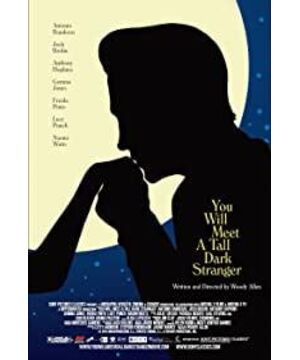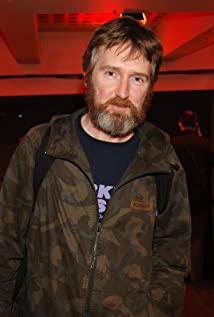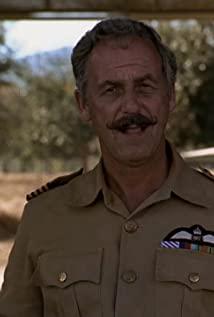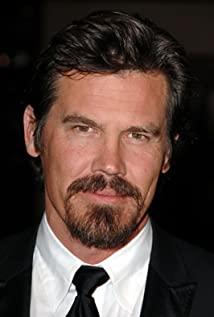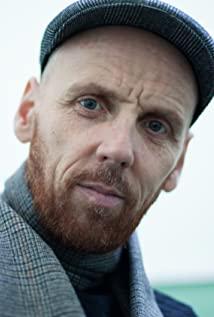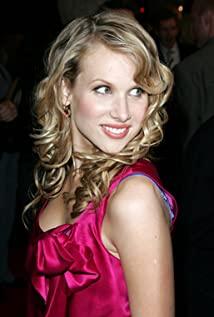Woody Allen's London Fourth Part put aside the thrilling conspiracy and exciting plot, and instead focused on a traditional British family and the little people in the life circle. The director tried to use the nihilism in Shakespeare's tragedy to reveal the source of the tragedy in human nature through their various phenomena in the marriage crisis. Just as the opening quote from Shakespeare's "Macbeth", the original meaning is: life is the madman on the stage, except anger is the noise.
Out of his capacity as a playwright, Shakespeare has more than once compared life to a stage: Actors tried their best to tweak on the stage, and while performing roles that were not their own, they ushered in the troughs and climaxes that followed. In the end, it will inevitably end sadly. In "The Merchant of Venice", Shakespeare also uses Antonio's mouth to compare life to a stage, and uses "moths against fire" as a metaphor for those who are always hit by tragedy due to material or desire.
The clues of the film revolve around two families full of marital crisis: Sally couple and their parents Alfie couple, Sally and Roy are the main line of the story. Except for Helena, the rest are people who are dissatisfied with the status quo and still have a longing for life and passion. Roy was the first person to seek change in his life. He gave up the opportunity to be a doctor and aspires to be a writer. Everyone knows that London is the hometown of Hanshi Street, and the threshold for publishing works is high. A medical student who abandons medicine and goes to work at this time has the smell of moths to the flames.
In addition, Roy spied on the neighbors and was full of possessiveness, and finally took the neighbor girl to the party; Sally admired the boss and happily went to the appointment without forgetting to reveal the news to his colleagues; Alfie not only had to satisfy her own needs, but also always complacent with her husband and wife. The combination of-looking at the three people, despite the differences in age, gender, and status, they all show surprisingly consistent greed and vanity when they encounter changes and beauty, so their goals drift away and become distant and untimely. , The tragedy is inevitable.
Just as Shakespeare's several tragedies all have their meaning implicit in the ending, so does the ending of Allen's fourth part. Except for Helena, Alfie will get divorced again if he doesn't compromise. Sally is facing a bigger crisis. Roy's honeymoon is not optimistic. Shakespeare said that familiarity breeds contempt, the weak feelings between old couples and old wives will not be able to match the freshness of the outside world. Temptation, but when this freshness settles to the bottom of the pot, who can take on the other half of the common business and mutual help?
However, Allen did not let the movie end in this pessimistic atmosphere, but turned the camera to the lovely Jonathan, which is also the director's genius. The character's "recklessness and cherishment" of feelings flashed in his body. Compared to the book writer Roy, Jonathan is a book seller, or book lover. If the book here symbolizes life and marriage, then compared to Roy, who has repeatedly suffered setbacks in writing new books, he knows how to cherish and preserve his old books, and how to cherish happiness. The "reincarnated" is manifested in his and Helena's deep belief in reincarnation. I have been a "Cleopatra, Joan of Arc" in the previous life, and in this life I will act as a commoner, enjoy the ordinary, grow old, and have no regrets. When a person learns to be satisfied, there is nowhere for tragedy.
View more about You Will Meet a Tall Dark Stranger reviews


